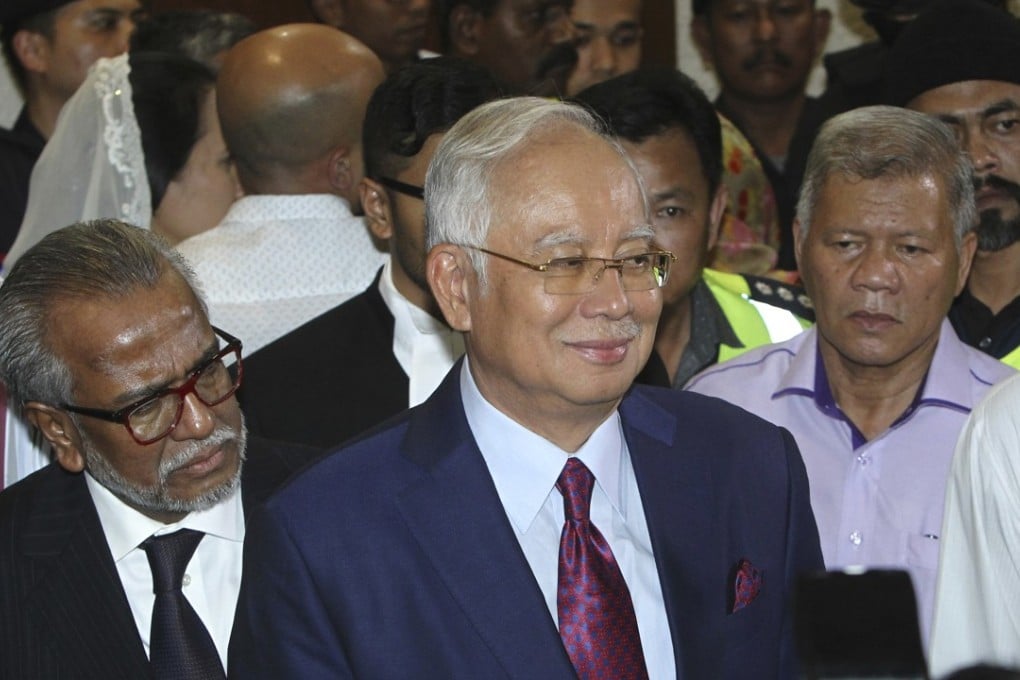Loan from Chinese bank for Malaysian pipeline projects may have been used to pay 1MDB dues
The projects to build two pipelines were signed in 2016 by the administration of former Malaysian premier Najib Razak, who courted Chinese investment but was ousted in an election in May

Malaysia said it has suspended three major China-backed projects worth billions of dollars, the latest big-ticket items to be axed by the new government as it reviews deals signed by ousted prime minister Najib Razak.
Malaysia is now investigating whether part of a loan from a Chinese state-owned bank for the projects was used to help repay dues of the scandal-ridden state fund, 1MDB.
The deals were among several Beijing-backed projects signed by Najib, who was unseated by his former mentor Mahathir Mohamad in elections last May.
Finance Minister Lim Guan Eng said he had ordered the suspension of two pipeline deals and a 688km rail link worth a combined 90.4 billion ringgit (US$22.35 billion).
Najib, who was charged in connection with the investigation, has denied wrongdoing. He pleaded not guilty on Wednesday.